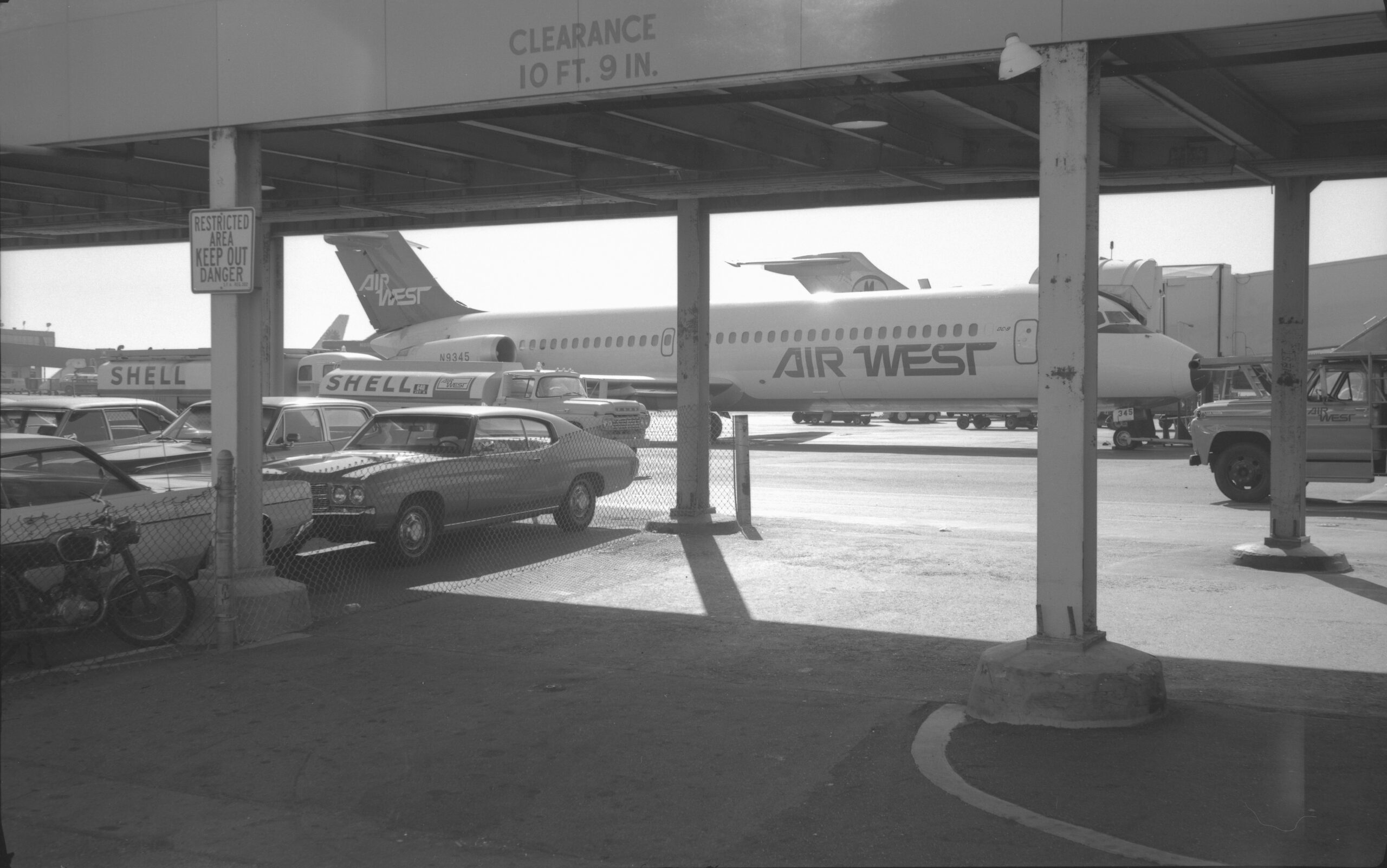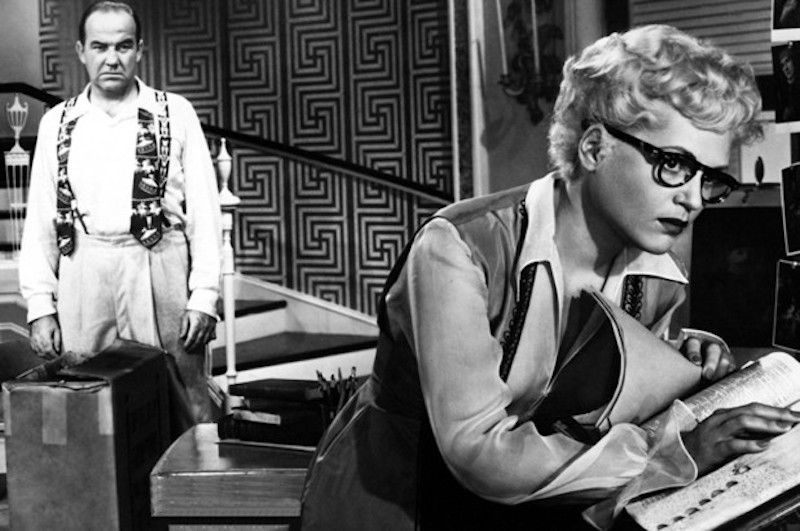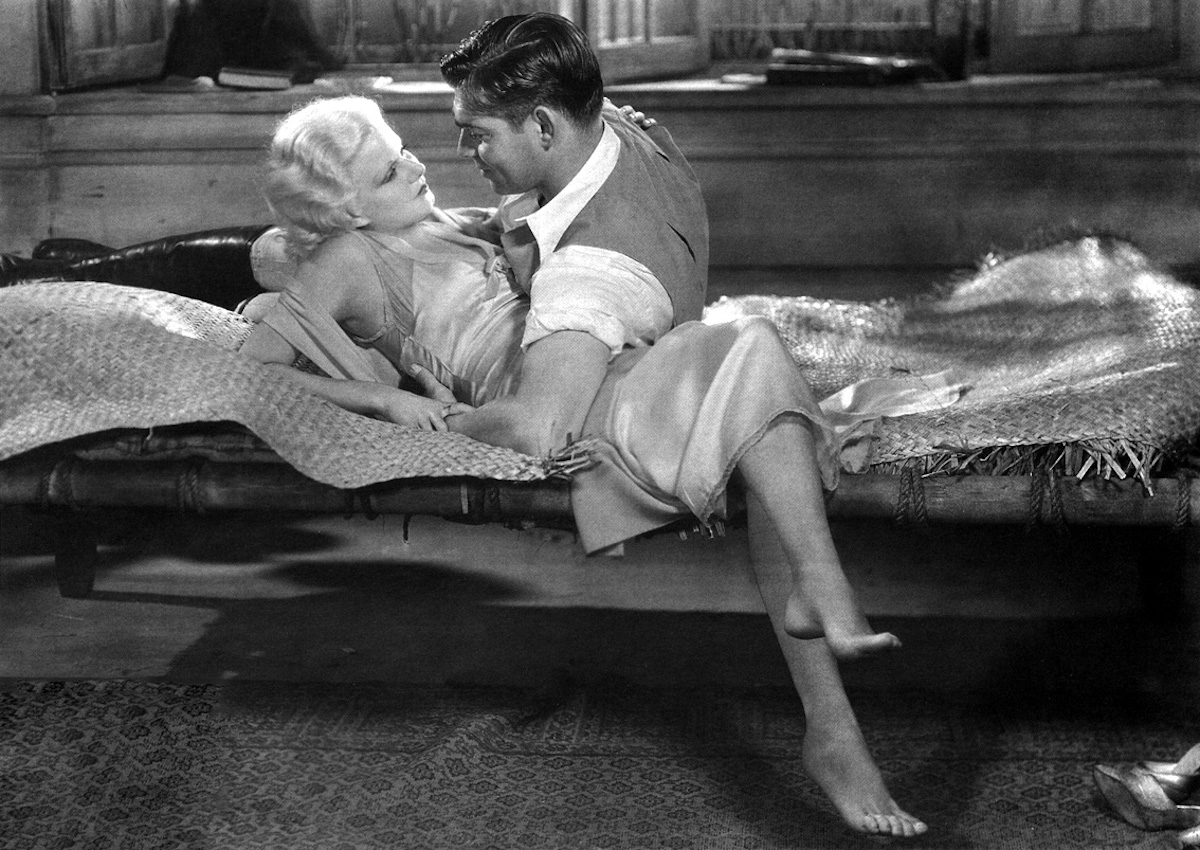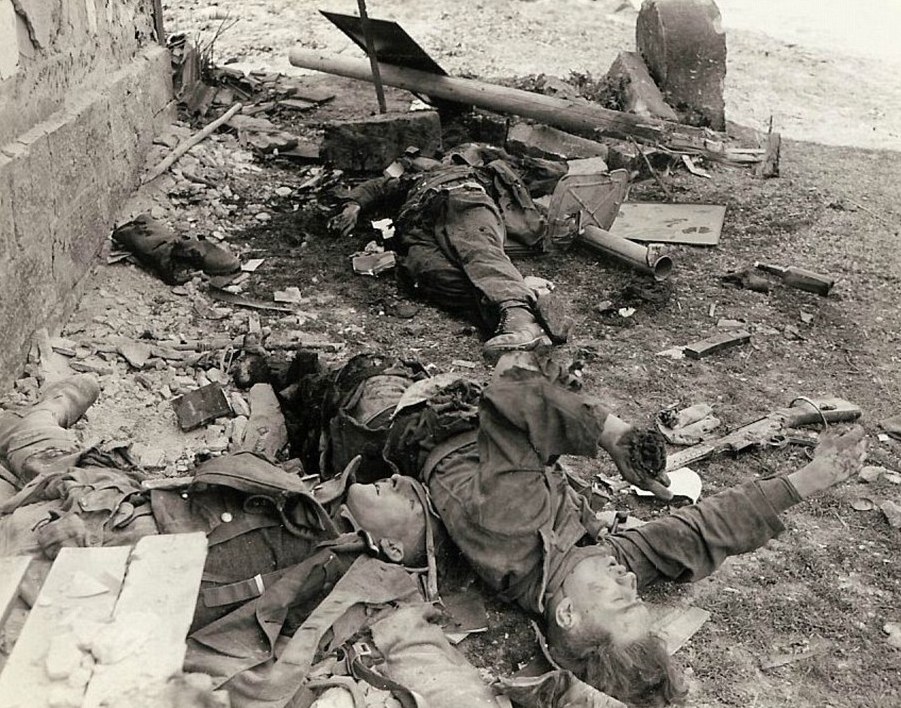I can see that Ashbery might stake a claim to being the most influential poet since 1955, though, given how many of his poetic descendants fall over themselves to be even more willfully inscrutable and opaque than Ashbery.
For instance, there’s Not Even Then, a recent volume by Brian Blanchfield (who teaches at Pratt Institute), which is called a “confident debut” in the NYTBR.
One of the poems (“Ferdinand, The Prize”) uses an epigram from Althusser about interpellation, which is a grad student’s idea of perfection.
At the end of the book are “Some Notes,” including:
“Code Orange under Love, Part I” is informed by the discussion in William Eggleston’s How the World Became a Stage of similitude and contagion as concepts integral to medieval “sympathetic magic.” Apparently unrelated, a placard in the Sonora Desert Museum World of Darkness reads “Agitation produces both hailstones and cave pearls.”
And:
“One First Try and Then Another” is informed by the video work of Martin Schwember, which was used in the Ballett Frankfurt’s production Kammer/Kammer, a work its director, William Forsythe, describes as “oriented around the idea of voice, instrumental and literary, that dilates between an immediate, raw desire to articulate and the European tradition of virtuoso.”
And:
“Receipt” fits on a receipt for admission to the Philadelphia Museum of Art.
Actually, the notes are more poetic than the poems themselves, which I defy anyone outside of Blanchfield himself to make sense of. A sample from “Infraction”:
The body hurries. And then not pants, after all,
is the trouble in the offing, the percent sign
with the little o’s these legs went to wear.
Why have math wrecked by the bed? Is any
aptness outlasting the stereo’s shuffle mode,
planted hours ago, tracking our hideous goodnight?
The NYTBR intones that the Blanchfield poems “appear at first to depict nothing at all,” which is accurate enough, then observes that “they come into focus and portray a life: a young gay man learns to inhabit New York City, seeking out peers and lovers while sifting through information overload.”
I’m sorry, I don’t see that at all, not even remotely, unless the lines “Crotch high, the problem will not, itself a hundredth/the privation of pain, be pressed and hurry out” somehow imply “young gay man learning to inhabit New York City” in some mysterious way beyond my limited powers of comprehension. (Perhaps the attraction of poems like this is that they obscure concrete detail and leave out the explicit stuff, which seems to be the style these days, following in the delicately mincing footsteps of Reginald Shepherd and Mark Doty.)
But then I’ve never been the typical poetry reader. So the publishers of poetry (in this case, the University of California Press at Berkeley) can keep grinding out their pointless runs for a rapidly diminishing audience, while at the same time lamenting that nobody really seems to want to read anything written more recently than 1955, and the questions about poetry’s relevance will keep bouncing inside an increasingly rarefied echo chamber until somebody somewhere finally realizes how solipsistic the world of modern poetry really is and does something about it, maybe (God forbid) even writing some poems that speak to somebody outside of an advanced graduate seminar on postmodern semiotics.













